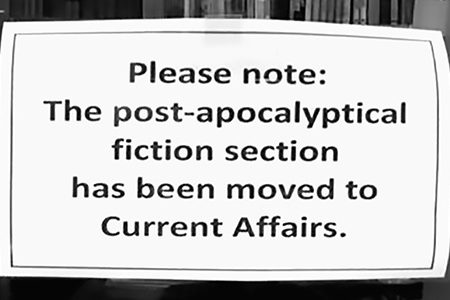
The Currency Effect on (UK) market returns.
A common saying in finance is that “markets take the stairs up and the elevator down.” We are often asked by clients to explain the reasons for the dramatic fall from grace of UK equities relative to the rest of the world. Many suppose that it is a function of the fall in Sterling as a result of Brexit (and the political paralysis that has followed). In fact, all other things equal a fall in Sterling would serve to raise UK plc’s earnings due to the translation effect (i.e. a lower value of the pound would mean a higher return on the overseas income, once that money is converted into Sterling) and as domestic revenues for FTSE 100 firms are fairly low (c.22%, meaning 78% of the revenue is generated overseas),a fall in Sterling is seen as good news for UK share prices.












